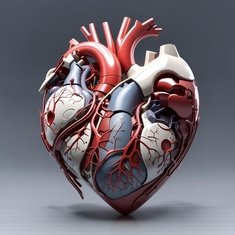Featured Quizzes
User Quizzes
Create Quiz
Data and Charts
Badges and Games
About JetPunk
JetPunk Shop
Dark Mode
Microbiology Quiz #6
Rate:
Last updated: May 5, 2024
You have not attempted this quiz yet.
More quiz info >>
| First submitted | May 5, 2024 |
| Times taken | 7 |
| Average score | 16.3% | Report this quiz | Report |
10:00
Enter answer here
0
/ 43 guessed
Time Used
00:00
Best Time
00:00
The quiz is paused. You have remaining.
Scoring
You scored / = %
This beats or equals
% of test takers
also scored 100%
The average score is
Your high score is
Your fastest time is
Keep scrolling down for answers and more stats ...
|
|
Comments
No comments yet
New and Popular
Save Your Progress
Microbiology
Quiz series by DylanJay05
...
Copyright H Brothers Inc, 2008–2024
Contact Us | Go To Top | View Mobile Site








